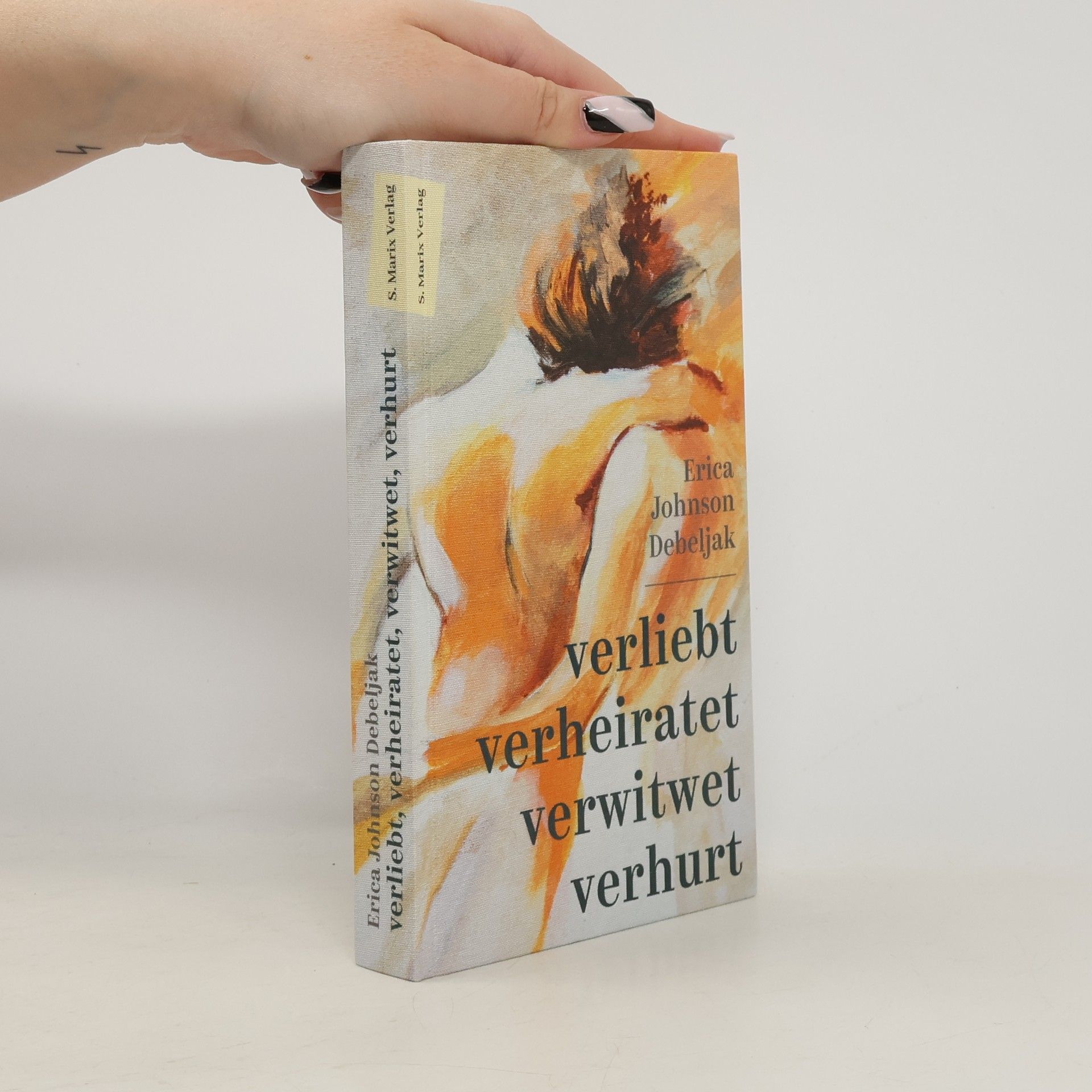Verliebt, verheiratet, verwitwet, verhurt
Memoir über einen plötzlichen Tod und weibliche Selbstbestimmung
- 256 Seiten
- 9 Lesestunden
»Im Leben einer Frau gibt es bestimmte Augenblicke, in denen sie wie die Hand in einen Handschuh in weibliche Archetypen hineingleitet.« Es gibt verschiedene Rollen, die Frauen einnehmen, darunter Witwen, die nach dem Verlust ihres Ehemannes oft einsam und allein zurückbleiben. Als Aleš, ein bekannter slowenischer Schriftsteller, bei einem Autounfall stirbt, verändert sich das Leben von Erica Johnson Debeljak schlagartig – sie wird zur Witwe. In ihrem Memoir verbindet sie ihre persönlichen Erfahrungen mit den Geschichten mythischer und historischer Witwenfiguren und beleuchtet, wie Frauen in der Gesellschaft oft durch ihre Beziehung zu Männern definiert werden. Dieses Werk geht über einen Trauerbericht hinaus und bietet eine Neubestimmung von Frauenrollen. Mit einer Mischung aus Sanftheit und brutaler Ehrlichkeit beschreibt sie ihren Weg zur Selbstermächtigung und Emanzipation. Konventionelle Denkweisen werden hinterfragt und in ein neues Licht gerückt. Der slowenische Bestseller wurde 2021 auf der Buchmesse Ljubljana als Buch des Jahres ausgezeichnet und zeigt, wie tiefgreifend der Verlust und die damit verbundene Transformation das Leben einer Frau beeinflussen können.

